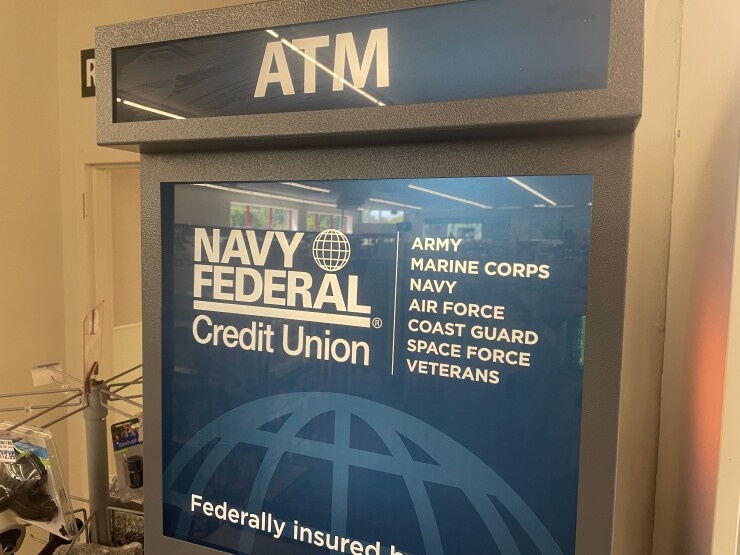
billtster/Adobe Inventory
This yr, America’s credit score unions will have a good time the ninetieth anniversary of the Federal Credit score Union Act. Credit score unions have lengthy held a singular place in our monetary system for his or her mission of service, in addition to the cooperative rules they embody. Credit score unions themselves usually evoke their humble beginnings as establishments rooted in close-knit communities the place neighbors assist neighbors. However these days have lengthy handed.
Not too long ago, a
Greater than 70 members of Congress have
Whereas lawmakers collect data on this case, it is price noting that Congress hasn’t held a listening to on the $2.2 trillion credit score union system in almost 20 years. And the trade’s listing of issues is lengthy — and rising.
Final month, Nationwide Credit score Union Administration Chairman Todd Harper summed it up neatly at a
And in a stark departure for the NCUA, which has usually been seen as an advocate for these it regulates, he proclaimed, “The people who manage the credit union, their interest doesn’t always align with that of the members.”
To that finish, Chairman Harper introduced that credit score unions with greater than $1 billion in property — a bunch that holds roughly 90% of credit score union property — will quickly should report income from overdraft and nonsufficient funds charges, like banks of comparable measurement should do. America’s 140 million credit score union members will profit from this improve in transparency.
The chairman doubled down and addressed one other scorching button matter:
And on the perplexing phenomenon of credit score unions buying
Harper additionally outlined his issues about credit score union efficiency and heightened dangers inside the system. In response to knowledge collected by the NCUA, credit score union financials may point out bother on the horizon.
Though this won’t be completely stunning given the inflationary atmosphere and different financial headwinds, the NCUA has uncovered potential issues at a rising variety of credit score unions.
As NCUA officers study a credit score union’s efficiency and threat administration practices, they assign a CAMELS ranking to find out whether or not that establishment presents safety-and-soundness points, very similar to different federal banking regulators. Alarmingly, “a large and growing share of the credit union system’s assets reside in institutions with potential safety-and-soundness concerns that require immediate remediation,” warned Harper. He reiterated that this might have implications for the complete monetary system.
Yet one more space in dire want of congressional scrutiny: cybersecurity vulnerabilities inside the credit score union system. Regardless of Chairman Harper’s finest efforts, the NCUA nonetheless lacks authority to manage third-party distributors, not like the opposite federal banking companies. Late final yr, a ransomware assault impacting about 60 credit score unions highlighted the severity of this regulatory hole. And with simply 5 core suppliers serving as extremely concentrated back-office help for greater than 90% of trade property, it may have been a lot worse.
Chairman Harper deserves credit score for elevating consciousness about these points. Although he seems earlier than Congress alongside the opposite prudential regulators 4 occasions per yr, credit score unions obtain little consideration throughout these hearings. Actually, at the newest oversight listening to in November 2023, which lasted greater than two hours, he spent lower than one minute responding to questions from lawmakers. Clearly, the numerous issues going through the credit score union trade demand way more scrutiny.
Congress has a accountability to make sure that America’s 140 million credit score union members have visibility into the establishments they personal. Additionally they have a accountability to taxpayers who subsidize these not-for-profit monetary establishments.
As latest headlines illustrate, credit score unions have advanced. And their issues lengthen far past Navy Federal.
The time for a congressional listening to on the credit score union trade is now.

